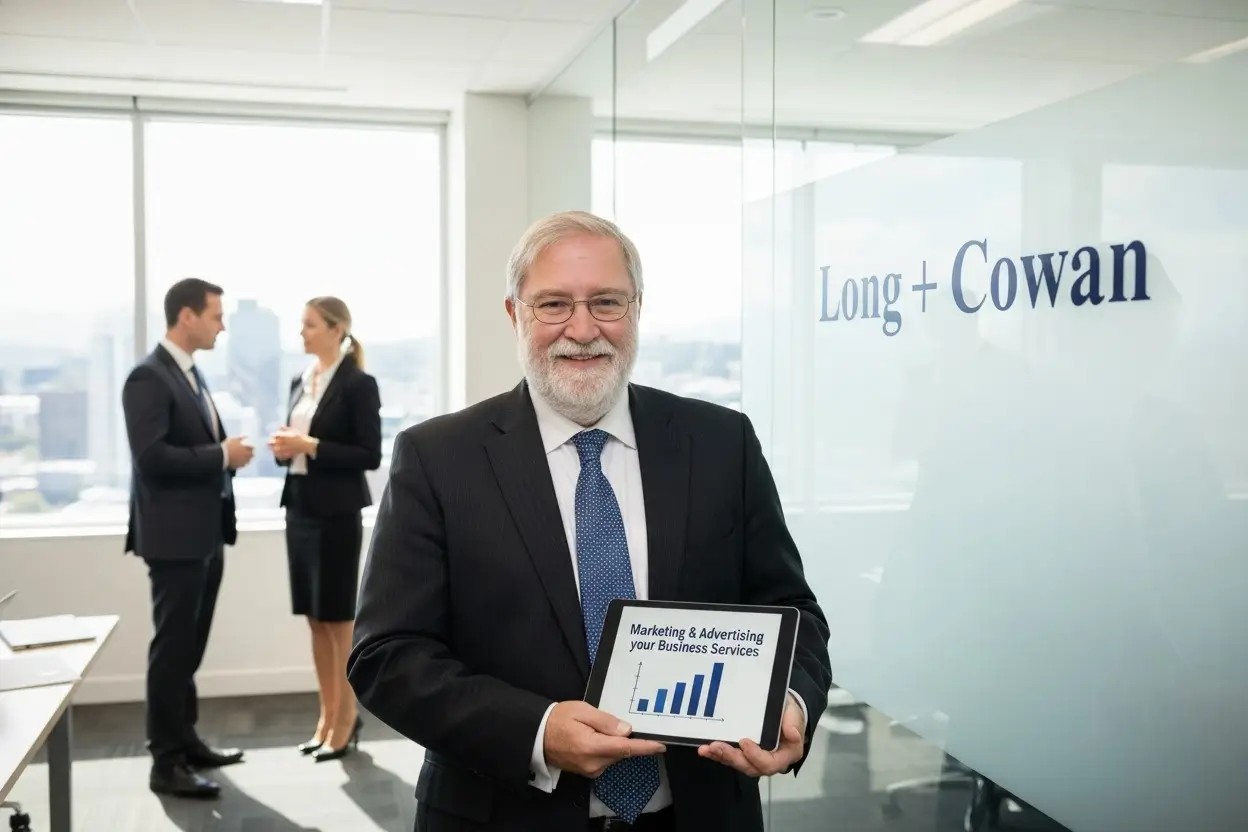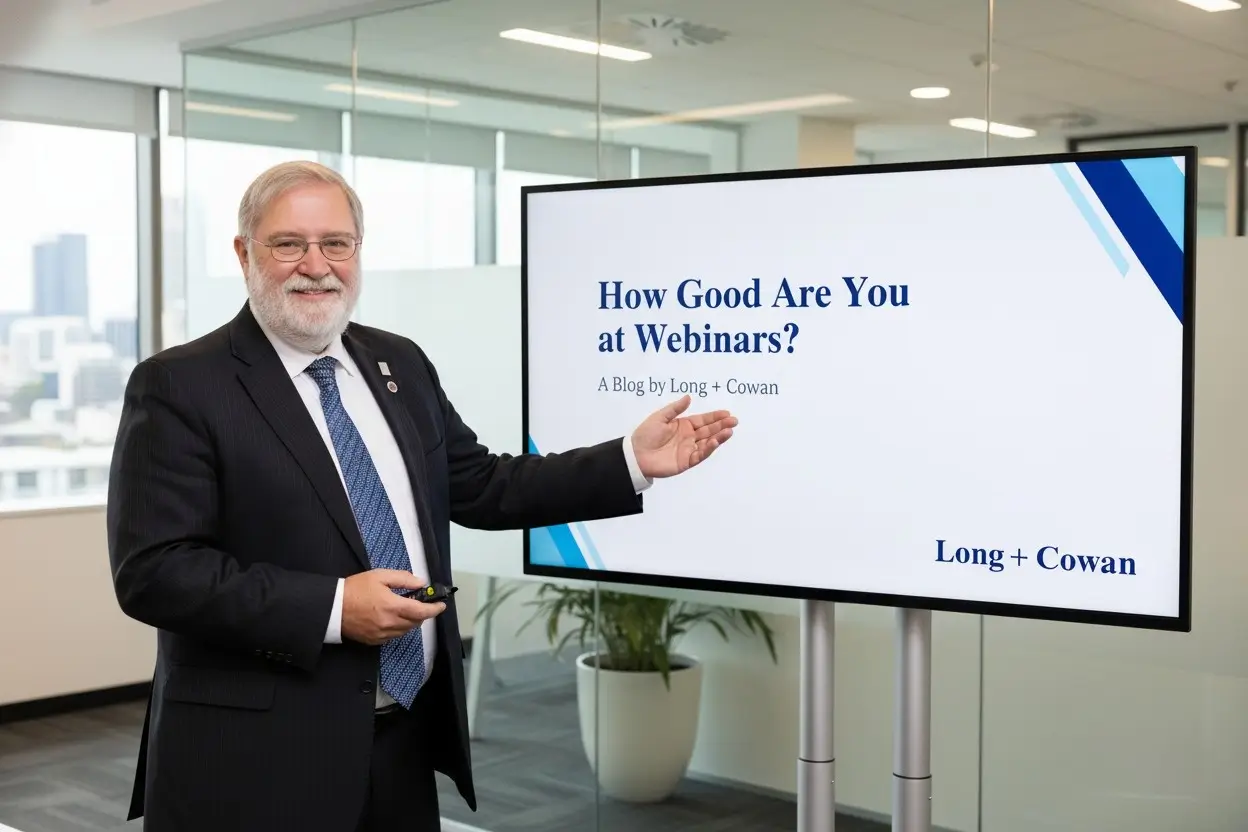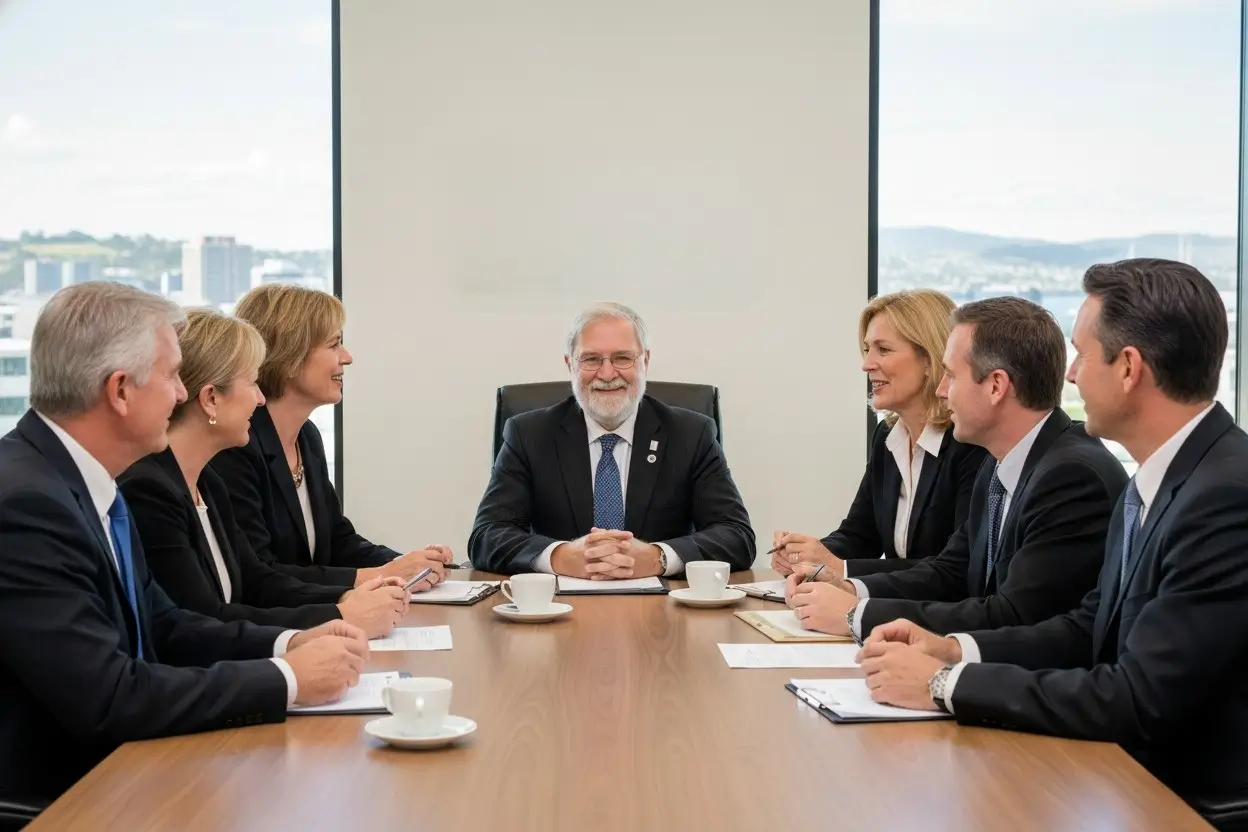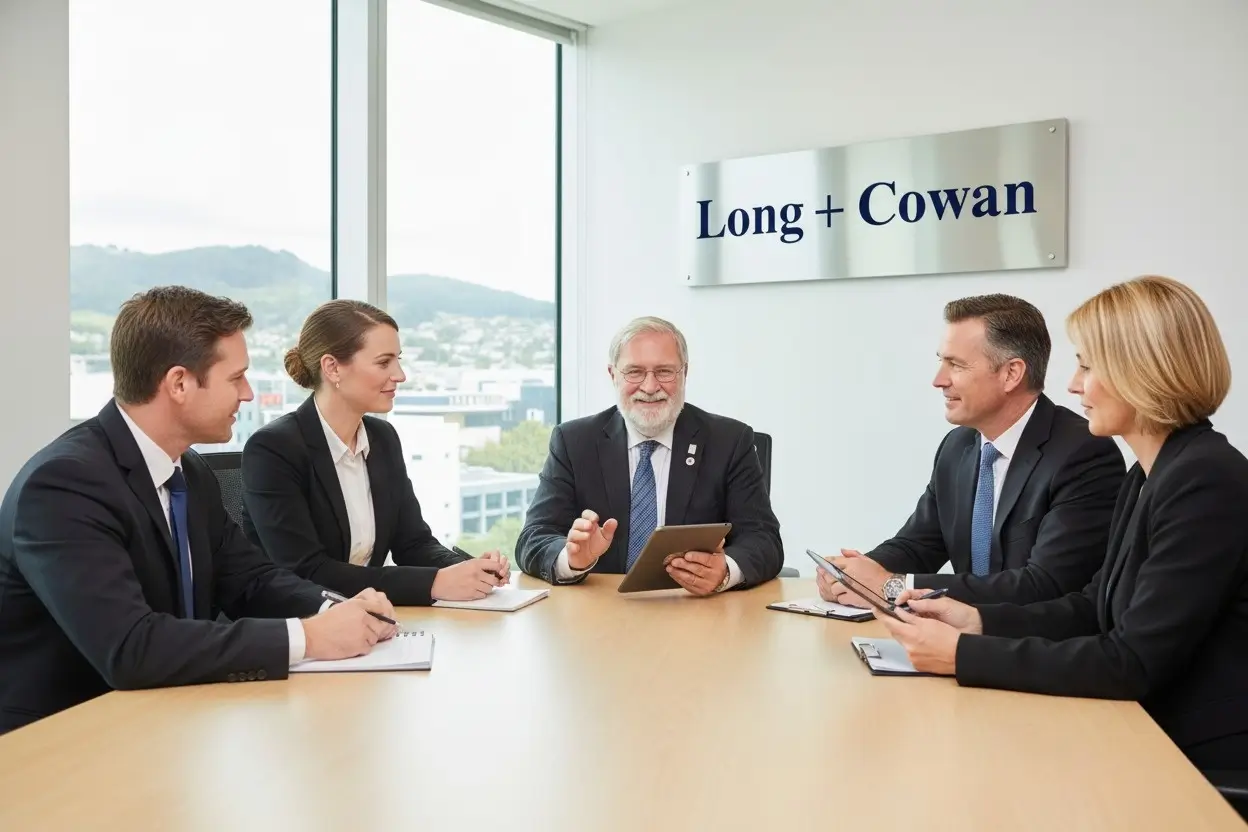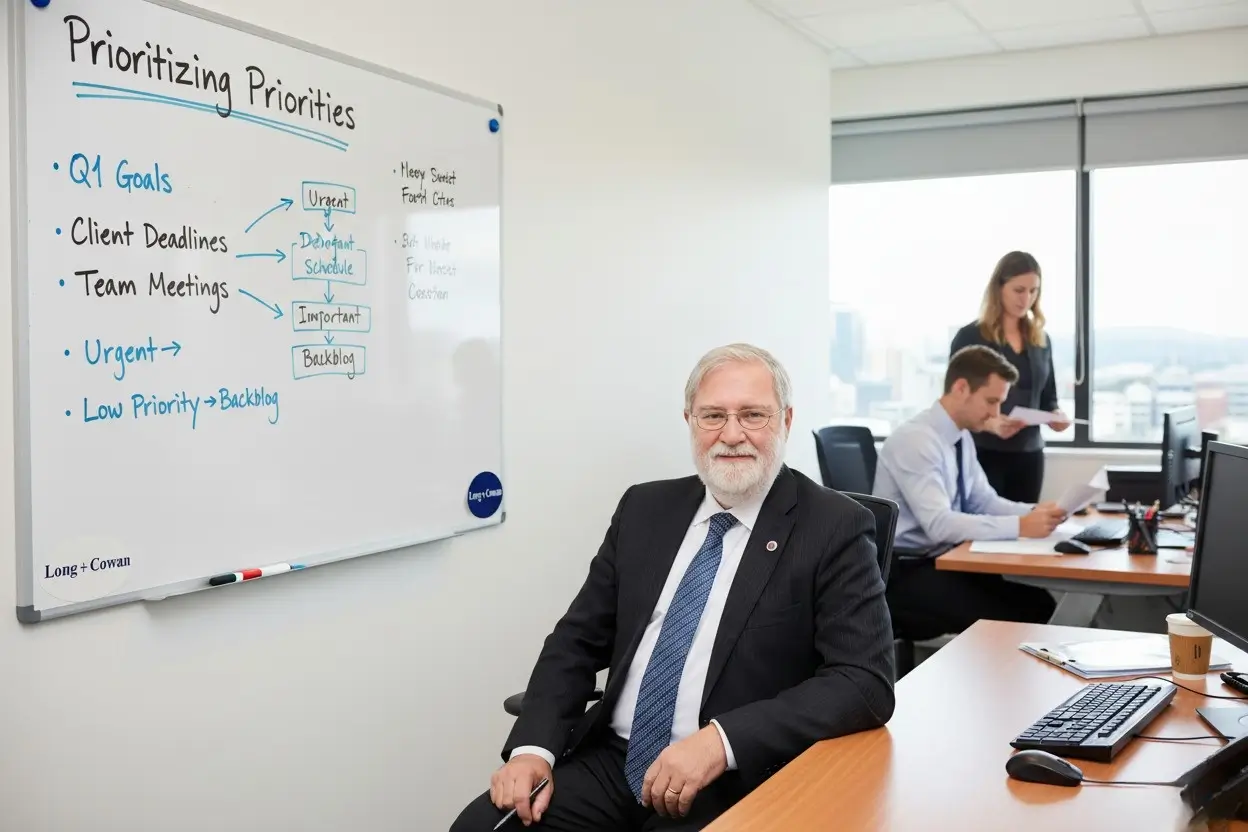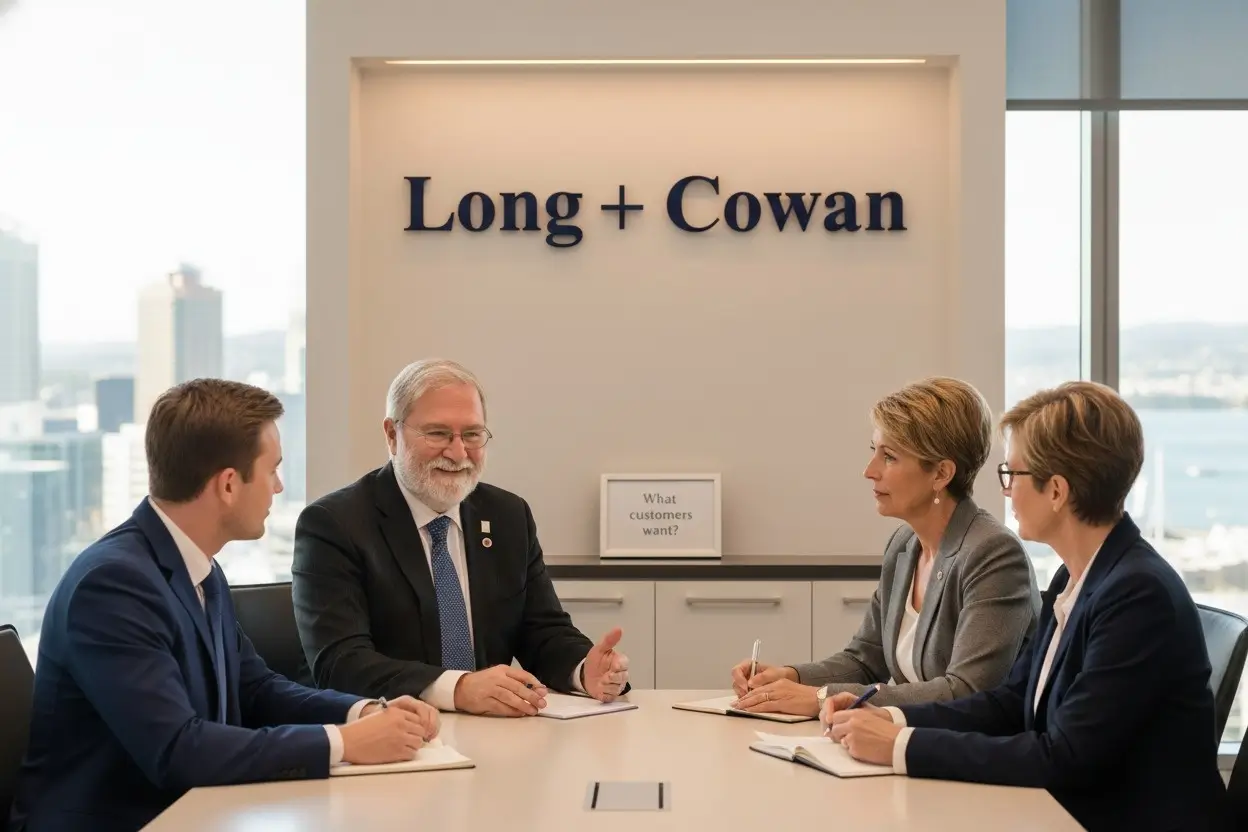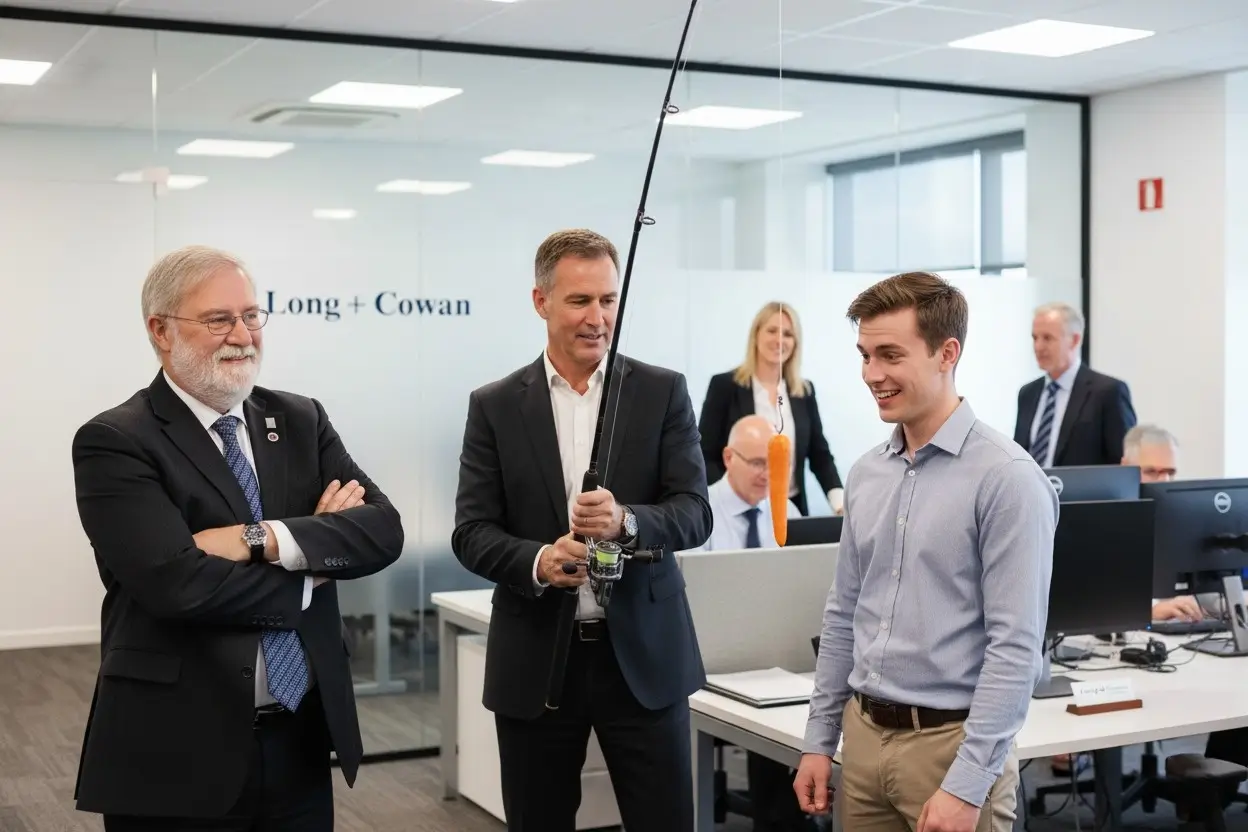Every business owner wants to attract more clients, yet many overlook the foundation of a successful marketing strategy — understanding why customers buy. Advertising is not just about visibility; it’s about connection. At Long + Cowan, we work with Wellington businesses to refine how they communicate value so that marketing investment delivers measurable returns.
When you identify what your customers genuinely care about, your message shifts from “what we offer” to “why it matters.” That single change transforms marketing from noise into influence.
Focusing on the Customer’s Perspective
Customers rarely purchase because of the technical details of a product or service. They buy solutions to their problems, confidence in their choices, and reassurance that they’re making a smart decision. Successful marketing connects your service directly to those emotional and practical drivers.
Instead of promoting “accounting and tax services,” focus on the result: saving time, avoiding penalties, or improving cash flow. That perspective makes communication more relevant and persuasive.
The Difference Between Marketing and Advertising
Marketing and advertising are often confused but serve distinct roles. Marketing is strategic — it identifies target audiences, defines positioning, and shapes messaging. Advertising is tactical — it delivers that message through specific channels like print, social media, or Google Ads.
Without a clear marketing plan, advertising becomes guesswork. Strong strategy ensures that every advert supports your broader goals rather than operating in isolation.
Building a Marketing Strategy That Works
An effective marketing strategy starts with three essentials: knowing your audience, clarifying your value, and selecting the right channels. Begin by defining who your ideal customers are — by industry, location, or need. For Wellington businesses, that might include local SMEs, property investors, or professionals seeking reliable financial guidance.
Once your audience is defined, focus on communicating your core difference. Explain what sets your service apart and why it benefits them specifically. Finally, choose the channels where your audience already spends time, whether LinkedIn, local print, or targeted Google campaigns.
Creating Messages That Motivate
Every piece of communication should answer one question: Why should the customer care? Facts alone don’t sell — relevance does. Combining logic and emotion produces the strongest response. Logic justifies the decision; emotion initiates it.
For instance, instead of saying, “We provide cash flow forecasting,” say, “We help you sleep better at night knowing your finances are under control.” The message becomes relatable and memorable.
Measuring What Works and What Doesn’t
Without data, marketing becomes expensive speculation. Tracking leads, engagement, and conversion rates shows what resonates with your audience. Regularly review where enquiries come from and which messages generate the most responses.
At Long + Cowan, we help clients interpret this data alongside their financial results, ensuring that marketing spend contributes directly to profitability rather than vanity metrics like “likes” or “views.”
Combining Online and Offline Approaches
Wellington remains a relationship-driven market. While digital marketing delivers reach, local networking and referrals still drive high-value leads. The best results come from blending online visibility with offline connection. Use social media and website updates to reinforce personal credibility established through meetings and community involvement.
Consistent branding across every platform — email signatures, newsletters, social posts, and business cards — builds familiarity and trust.
Avoiding Common Marketing Mistakes
Many businesses confuse activity with effectiveness. They post frequently but without clear purpose, or they change messaging too often to measure results. Marketing needs consistency and patience; trust builds over time, not overnight.
Another common mistake is focusing too much on price. Competing solely on cost attracts short-term clients and erodes long-term profitability. Instead, compete on clarity, responsiveness, and proven results — qualities that Wellington clients value far more than discounts.
Why Simplicity Wins Attention
In a noisy market, simplicity stands out. Clear, concise communication cuts through clutter. Avoid jargon or complex explanations. Speak to one core message per campaign and repeat it consistently across channels.
For example, if your key message is “Helping Wellington businesses grow with smarter financial planning,” build every piece of content around that idea. Simplicity improves recall and reinforces authority.
Using Storytelling to Strengthen Connection
People remember stories more than facts. Use real examples (without breaching confidentiality) to illustrate your value. Share how a client improved profitability through better tax planning or saved hours by moving to cloud accounting. Storytelling humanises your business and makes your services relatable.
Even technical industries benefit from storytelling. A short narrative that demonstrates transformation — from problem to solution — engages far more effectively than statistics alone.
Leveraging Technology for Targeted Results
Modern tools make precision marketing accessible to all businesses. Platforms like Google Ads, Meta Business Suite, and LinkedIn Campaign Manager allow precise audience targeting and measurable outcomes. Combined with analytics dashboards, they turn intuition into data-driven decisions.
We often help clients integrate these insights with accounting systems, enabling them to assess marketing return on investment (ROI) directly from financial reports. When marketing aligns with measurable outcomes, decisions become smarter and more confident.
Adapting to Shifts in Consumer Behaviour
Customer expectations evolve quickly. In Wellington, clients increasingly value transparency, sustainability, and personalised service. Monitoring these shifts helps businesses stay ahead. A flexible marketing strategy adapts messaging to reflect what matters most to the market today, not what worked last year.
Regular competitor analysis also keeps you sharp. Observe what others promise, then differentiate by focusing on genuine strengths rather than imitation.
The Role of Consistency in Brand Trust
Trust builds through repetition. When your tone, visuals, and promises remain consistent, clients begin to associate your name with reliability. Every piece of communication should reflect your brand personality and standards — professional, approachable, and trustworthy.
At Long + Cowan, we ensure every touchpoint, from tax updates to advisory sessions, reinforces the same dependable image. Consistency makes your marketing credible and your advertising believable.
Linking Marketing to Long-Term Financial Health
Marketing is not just about generating enquiries; it’s about improving business sustainability. A strong marketing strategy reduces revenue volatility by keeping your client pipeline healthy. It also supports pricing stability by demonstrating ongoing value rather than one-time offers.
Businesses that plan marketing as part of their annual budgeting process outperform those that treat it as an afterthought. Integrating marketing with financial planning ensures resources are used efficiently and results are measurable.
Transforming Insight into Action
Knowing what works is only valuable when acted upon. Schedule quarterly reviews of your marketing strategy to evaluate what to adjust, improve, or remove. Replace outdated campaigns with fresh, benefit-driven content that reflects your evolving client base.
If you’re unsure where to begin, start small — improve one channel, test one new message, and measure the impact. Incremental improvement produces lasting growth without overwhelming your team or budget.
Partnering for Strategic Clarity
Sometimes, an external perspective reveals blind spots internal teams miss. Collaborating with professional advisors brings objective insight into where your marketing aligns — and where it needs refinement.
For personalised support developing or reviewing your marketing plan, contact us for more info by filling in an enquiry form or e-mailing or calling us during office hours. We help Wellington businesses connect strategy with measurable performance.

